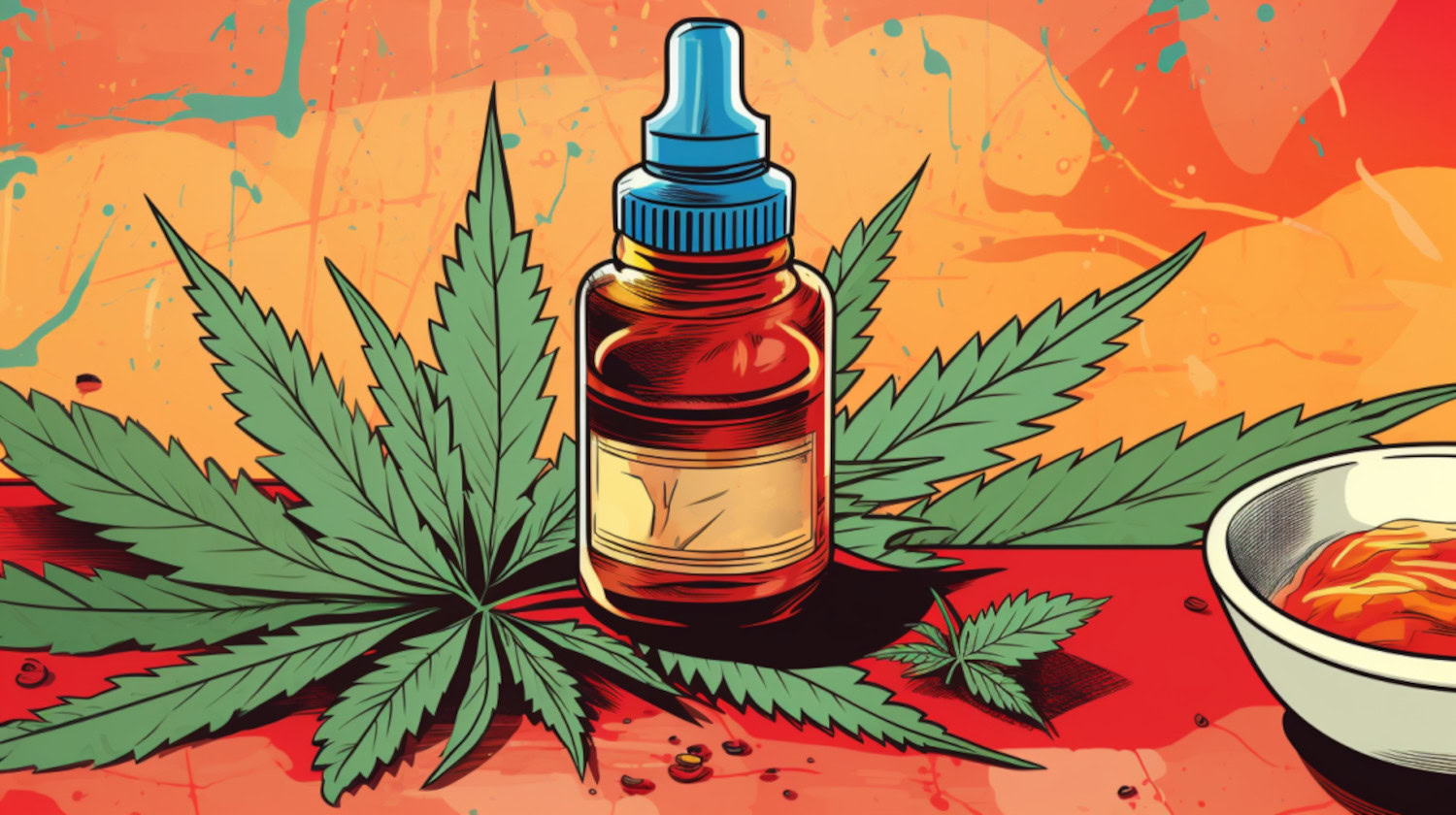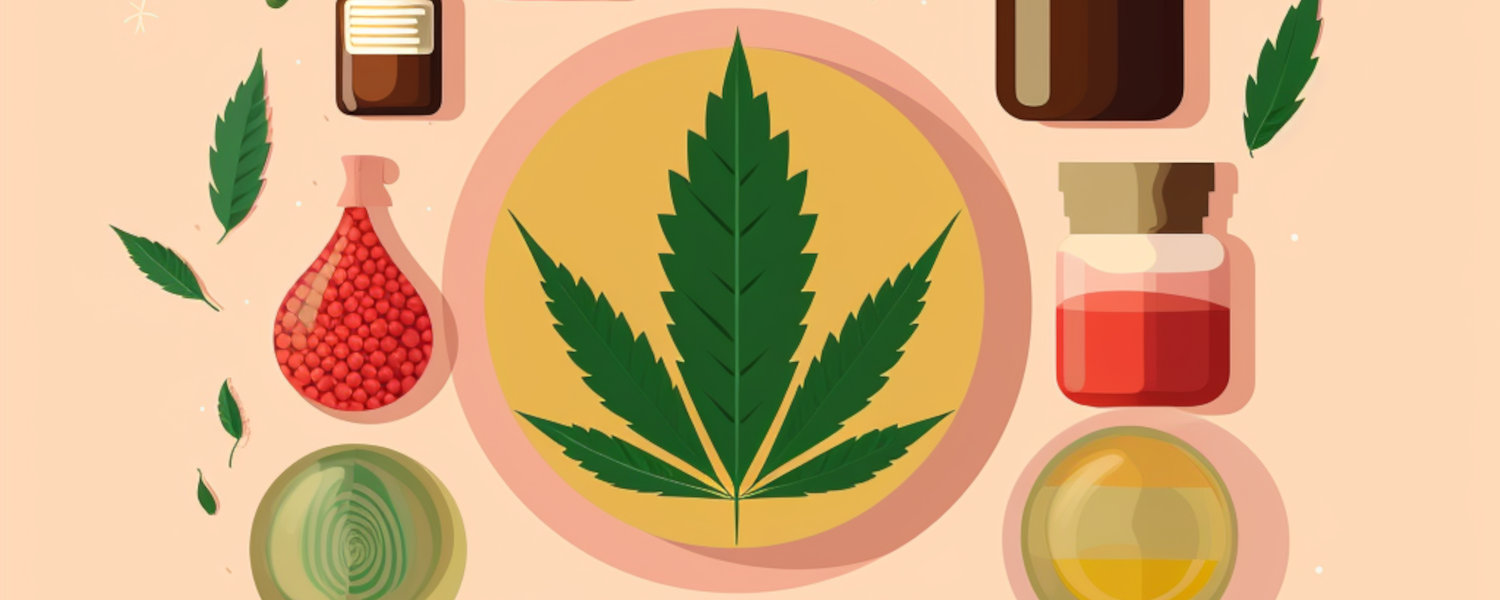In This Article
Medical marijuana patients, licensed cannabis growers, and local leaders are joining forces to oppose a legislative amendment from California Gov. Gavin Newsom that would consolidate the supply chains for hemp and marijuana. Added to a bill to regulate hemp-derived cannabinoids, critics of the legislation characterize it as “an existential crisis” that threatens the viability of small cannabis growers in California.
The legislation from the governor’s office is a 44-page “technical assistance” addendum to Assembly Bill 2223 from Assemblymember Cecilia Aguiar-Curry. Designed to stem the proliferation of unregulated intoxicating hemp-derived products, the legislative amendment would put both hemp and marijuana under the regulatory authority of the California Department of Cannabis Control (DCC) and require hemp products with intoxicating cannabinoids to be sold through the state’s licensed cannabis dispensaries.
The provision limiting sales of intoxicating hemp products to cannabis dispensaries would not apply to what the legislation refers to as “pure CBD” products, according to a report from Marijuana Moment. Such products would instead be designated as “non-intoxicating hemp” products, which cannot contain detectable amounts of THC or any other intoxicating cannabinoid, a regulation more strict than the 0.3% THC federal limit on hemp products.
The amendment also includes a provision that would allow hemp producers including those from outside California to sell hemp to licensed producers to integrate into the regulated cannabis supply chain. The amendment bans synthetic cannabinoids and prohibits “the retail sale of hemp flower in any form.”
Opponents Say Amendment Threatens Small Cannabis Growers
Critics of the proposal include representatives of the Origins Council, a group that advocates for small licensed cannabis farmers, and Supernova Women, a nonprofit that works to empower Black and Brown people in the cannabis and natural plant medicine industries. They argue the legislation would fundamentally change California’s regulated cannabis market and negatively impact thousands of small licensed legacy farmers.
Opponents of the amendment note that while the legislation establishes parity between high-THC hemp and cannabis products in their final form, the governor’s amendment maintains extreme disparities between the regulation of hemp and cannabis agriculture. They add that the bill would magnify the regulatory differences that favor hemp producers over licensed cannabis growers.
“The challenge that we would face should this move forward, in terms of competition with both in-state and out-of-state hemp producers, is significant, in terms of market share,” Genine Coleman, the executive director of Origins Council, told Green Market Report. “It’s an existential crisis for us. As producers, we’re already facing an existential crisis as it is, with the regulated supply chain and market dynamics being what they are.”
Amber E. Senter, board chair and executive director of Supernova Women, said that Newsom’s amendment would make it difficult for medical marijuana patients to secure products they know are safe.
“Speaking as a medical cannabis patient, I think that folks have a right to know and choose what goes into their bodies. Labeling altered hemp products is critically important, and it should be clearly stated whether these cannabinoids are chemically converted or naturally occurring,” Senter wrote in a statement to NuggMD.
“I absolutely want the transparency of knowing what types of cannabinoids are in these products and where they’re coming from — and I want that for everyone,” she added.
Local leaders in Mendocino County, where small growers have cultivated cannabis for decades, have also registered their opposition to Newsom’s proposed changes to AB 2223. In a letter to the bill’s sponsor, the county Board of Supervisors wrote that it “is unfair to small, legacy, and legal cannabis cultivators to include naturally occurring THC and comparable cannabinoids extracted from hemp into legal cannabis products until cannabis and hemp cultivation are regulated equally as agriculture. More needs to be done to resolve this issue.”
David Hafner, the DCC media relations manager, said that the amendment from Newsom’s office is needed to control the influx of intoxicating hemp products that has occurred because of loopholes in the legislation that legalized the crop in 2018.
“The administration continues to work with the legislature to close loopholes and increase enforcement to address the sale and distribution of illegal hemp products,” Hafner told Marijuana Moment. “Mislabeled and misleading products do not belong in the marketplace—especially when they put our kids’ health and safety at risk.”




